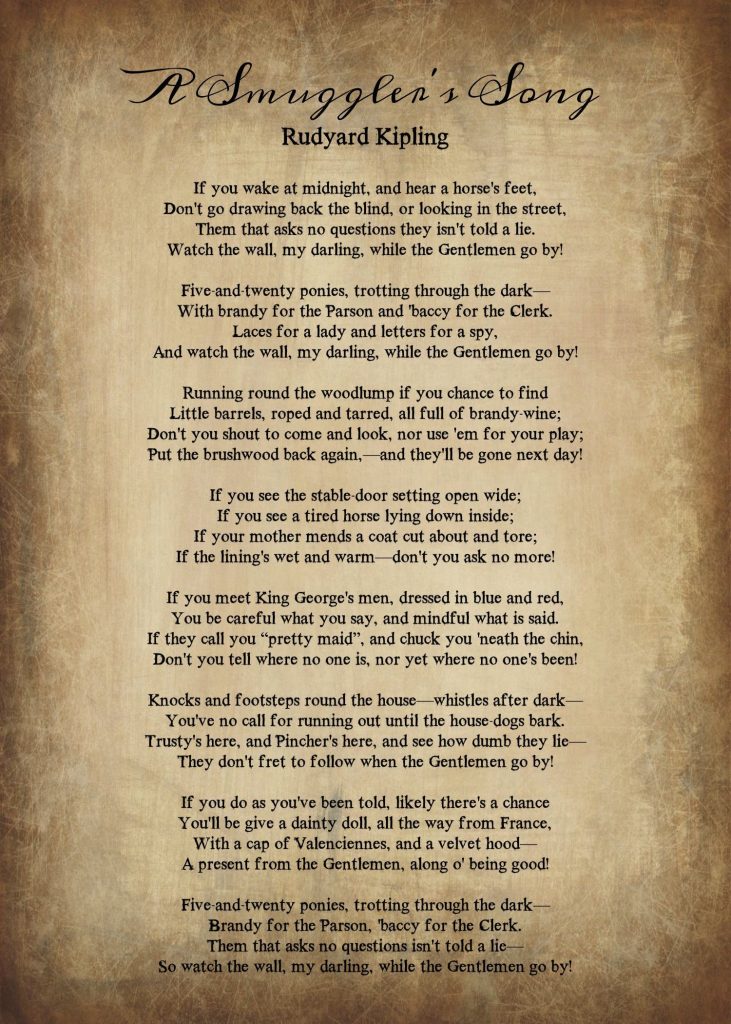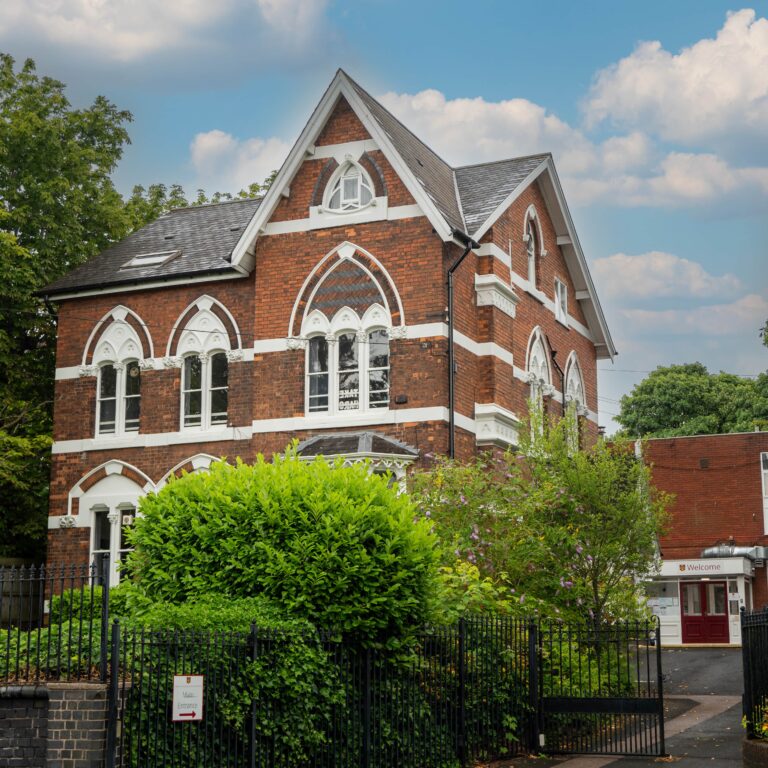Dear children and young people,
I hope you have all had a good week and have been enjoying your lessons. I also hope that, despite this change in the weather, you have managed to get out for some exercise. I have a confession to make – I didn’t go out at all yesterday so only clocked up a measly 2,600 steps, just from going up and downstairs to my office and doing some housework – disappointing I know! However, I am determined to make up for this by Friday or there will be no fish and chips on the menu (and you know how I love my weekend treat).
I have been thinking about the closure of such wonderful venues as theatres, art galleries, concert halls and museums and how this is affecting our wellbeing and enjoyment. I love visiting art galleries, concert halls and the theatre and I especially love visiting Stratford. However, Stratford simply will not be the same without me being able to see a play. This then got me thinking about the closure of theatres during the plague years (here we go I hear you groan – she’s going to go off on one again about history!). I was also reminded of the plague after seeing Miss Watson’s post on Twitter (where did she get that toad from btw?) telling us all about how the U3s have been designing handbooks for medieval doctors. Well done, U3 for creating some very interesting (if disgusting) remedies!
Whilst we are at home self-isolating and practising social distancing, it may be of interest for you to know that the Bard (Shakespeare is also known as the Bard of Avon) also had to go through periods of quarantine during a plague (yes, there was more than one). Not only that, but also some of his greatest work was probably influenced by his experiences during these times. By the way, In case you don’t know what a Bard is, according to Wikipedia:
‘In medieval Gaelic and British culture, a bard was a professional story teller, verse-maker, music composer, oral historian and genealogist, employed by a patron (such as a monarch or noble) to commemorate one or more of the patron’s ancestors and to praise the patron’s own activities.’
Here are some examples of plague references popping up in Shakespeare’s works:
Romeo and Juliet, is believed to have been written around 1595 and contains this famous line from Mercutio, “A plague o’ both your houses!”
Timon of Athens sees the title character isolate himself in a cave after cursing all Athenians by wishing a plague upon them. He even goes so far as to shout, “Breath infect breath, / at their society, as their friendship, may / merely poison!” A little dramatic compared to today’s social distancing measures!
When the plague arrived in London during 1592, theatres across the city were closed down and remained closed for almost two years from the autumn of 1592 until May 1594! Because of this, there was no demand for new plays so Shakespeare turned to his other great love, the writing of poetry – and you know how I love poetry!
Anyway, getting back to the present day and our lockdown, it is good to know that someone as famous and well-loved as dear Mr Shakespeare had to go through a similar traumatic time in history. Perhaps he, like us, had to adapt his whole way of life because of his experiences during the plague and perhaps, like us, he too found new ways of coping. Let’s hope so.
I’ve also been thinking again about how very beautiful nature is. Some of you – notably Isabelle Q who sent me in some beautiful pictures the other day – have been exploring the park and noticing how everything is changing in the woods. The trees and flowers are in full bloom now and the wildlife is abundant. We have been admiring the duckling family on Little Bracebridge pool and the beautiful ponies that seem to be growing in numbers as the months progress. However, I’ll let you into another secret – I love the trees best and I’ve even been known to hug them on occasion. Here is a poem about trees:

And some of my pictures:
Ducks at Little Bracebridge
Scary looking tree
Trees at sunset
My love of trees probably began in the classroom during one of our poetry lessons. We had the most magical teacher called Mrs McCaffery who had one of those voices you could listen to all day and never get bored of. She too loved nature and trees in particular and she often took us outside to sit under the shade of the huge horse chestnut in the grounds of our school and read poetry to us. This one has stayed with me all my life and Mr Moore will tell you that I often recite it as we walk through the beautiful foliage of Sutton Park woods. It’s best read on a winter walk though as you can really summon up the frost and how the little pony in the poem is impatient to get to a stable!

Funnily enough, the poem is by a man called Robert Frost – a wintry name! The poem still has the power to take me back to those happy days of childhood and I can still summon up the soothing voice of dear Mrs McCaffery – if I try really hard!
Mr Moore will not mind me saying this, but I have a funny feeling that he isn’t too fond of poetry. I think he puts up with my recitals rather than enjoys them – although he’s far too much of a gentleman to admit to this.
However, our children – especially our daughter – loved certain poems that we read together. We used to holiday in Devon and Cornwall every autumn half-term and they were particularly fond of my rendition of ‘A Smuggler’s Song’ by our dear friend Rudyard Kipling. You will remember that Kipling also wrote the Jungle Book and the Just So Stories as well as my favourite poem ‘If’? Anyway, we all still love this poem (I think even Mr Moore would admit to this) and I now recite it to our little grandson, Oscar:

I know it’s a little bit scary, but if you read the chorus ‘Five and twenty ponies..’ you can really hear the sound of the horses’ feet and imagine them ‘trotting through the dark’. I particularly, as a little girl, loved the reference to the ‘dainty doll, all the way from France’ – oh how I yearned to own such a doll!
You can imagine the mum and dad telling their little girl not to give the smugglers away and using bribery to help her keep the secret.
I would love it if you could send in some of your poems about nature. You can write one or just send me a copy of one of your favourites.
My nanna who gave me that lovely big red book I told you about a few memos back, also loved poetry. She also loved language and could always be counted upon to come up with something interesting that I could impress my friends with. For example, instead of merely telling someone to ‘be quiet you are annoying me and you’re stupid’, she taught me to say this:
‘Are you insinuating that I will tolerate such diabolical nonsense from an unsophisticated individual who is intoxicated by the exuberance of his/her own verbosity?’ – try it the next time someone gets on your nerves!
Going back very briefly to Shakespeare – did you know that he invented many of the words and phrases that we still use today? See below:

Before I forget – Happy birthday greetings go to: Freya and Ruhani who have birthdays today! Have a great day, girls!
Finally, dear children and young people, remember to stay safe, be kind (to others and yourself) and help with those household chores! Remember how very special you all are and never forget to remind yourselves that:

Love and best wishes,
Mrs M









